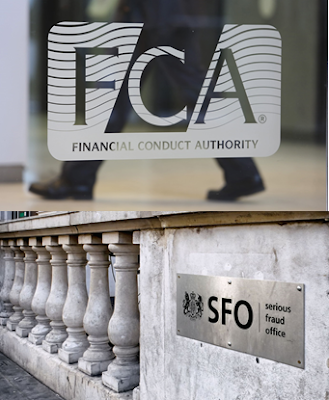GUEST POST - High Speed Rail 2 and it’s various effects on the Country

Today’s post is a guest post from Teny Kuti, a first-year student in Aston University’s Law School. The post discusses the various effects of the forthcoming HS2 high-speed rail link, as well as some of the potential consequences moving forward. Please follow Teny via Twitter here , and his own blog The Whole Spectrum for an interesting take on a number of different issues, ranging from politics to business. Frequently described as the most substantial rail project ever built in the UK set to open in 2026, High speed rail 2 will form a high-speed link between Birmingham and London, reducing the travel time to 49 minutes. However, the project has never been shy of controversy. Since the HS2 received Government approval in 2012, it has seen strong opposition from those who would lose their homes on the current plans and indeed, HS2 Ltd has claimed that 1,740 buildings would be destroyed by the rail line, with nearly 900 being homes. Now with the recent developments such as the C


